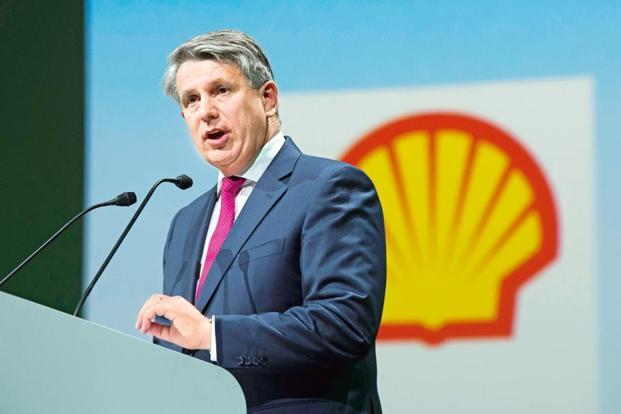
Royal Dutch Shell Plc is working round the clock to ensure that it overtakes its American rival, Exxonmobil for the first time this century.
While the Anglo-Dutch oil major still has some work left to snatch Exxon’s crown, Ben van Beurden, chief executive officer, has made getting to the top his restless mission.
“At the moment we are number two and we are closing in on number one,” he said this month. “We almost have the tiger by the tail,” he added.
That van Beurden thinks his goal is even in sight shows the risk he took in doing the industry’s biggest deal in decades is starting to pay off, according to a Bloomberg report monitored by Businessamlive.
Meanwhile, the strategy charted by Rex Tillerson, Exxon’s former CEO, has left the American major slightly adrift, according to investors.
“Ben doesn’t just talk the talk, he walks the walk now,” Richard Hulf, co-manager in Artemis Global Energy Fund, part of a London investment management group that owns both Exxon and Shell shares. “Shell’s got a bit better and Exxon is at a weak point in its cycle.”
The narrowing gap is likely to show through when both companies post earnings next week. Analysts estimate Shell will report $16 billion of profit in 2017 helped by the acquisition of BG Group Plc. Exxon is forecast to report $15.7 billion of earnings, dropping behind its European rival for the first time in at least two decades. Shell is also likely to have churned out more cash from operations than Exxon last year.
It’s the $53 billion BG deal that’s really made a difference. When oil’s crash started in the middle of 2014, just months into Van Beurden’s tenure as Shell’s boss, he saw an opportunity. BG’s oil projects in Brazil and gas in Australia were just starting up, easing uncertainty on future growth. Rumored for years to be a suitor, van Beurden finally made the move for the British company.
The deal immediately put Shell in an exclusive club with Exxon, placing it on a plane above its European rivals Total SA and BP Plc. Some use the phrase ultra-major to differentiate the industry’s big two from the pack – at least until Saudi Aramco’s giant IPO, slated for the end of this year.
It wasn’t all plain sailing. As oil prices continued to slide in 2014, many analysts thought the price tag was excessive, forcing Shell to borrow too much. Van Beurden was staking his reputation on the deal and he pressed on, seeking to create what he often calls a “world-class investment case.” The company was forced to cut costs, sell assets and rein in spending to keep borrowing under control.
Still, in the two years since the BG deal closed, Shell’s B shares in London, the most widely traded, have returned more than five times Exxon’s, reversing the performance of the previous two years and providing superior returns for shareholders.








